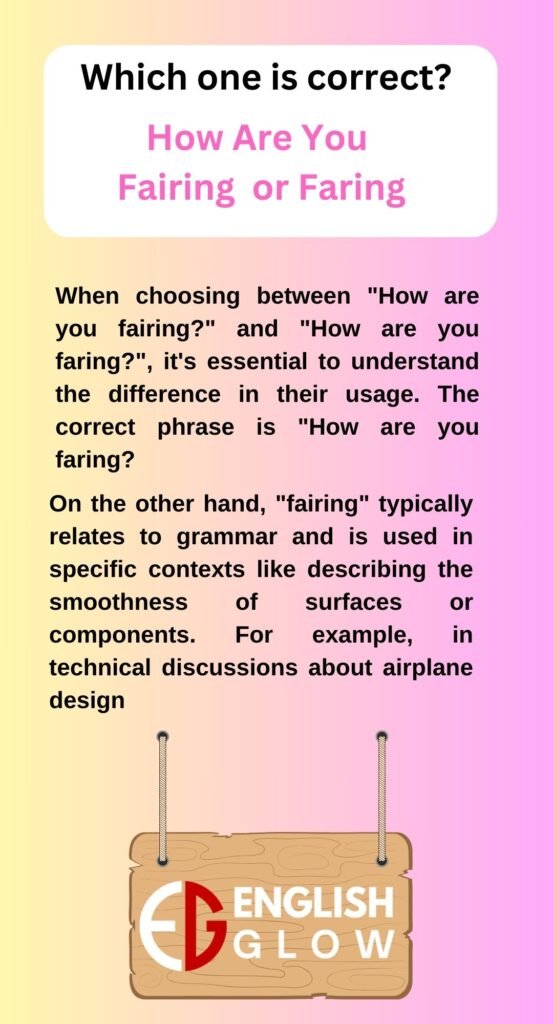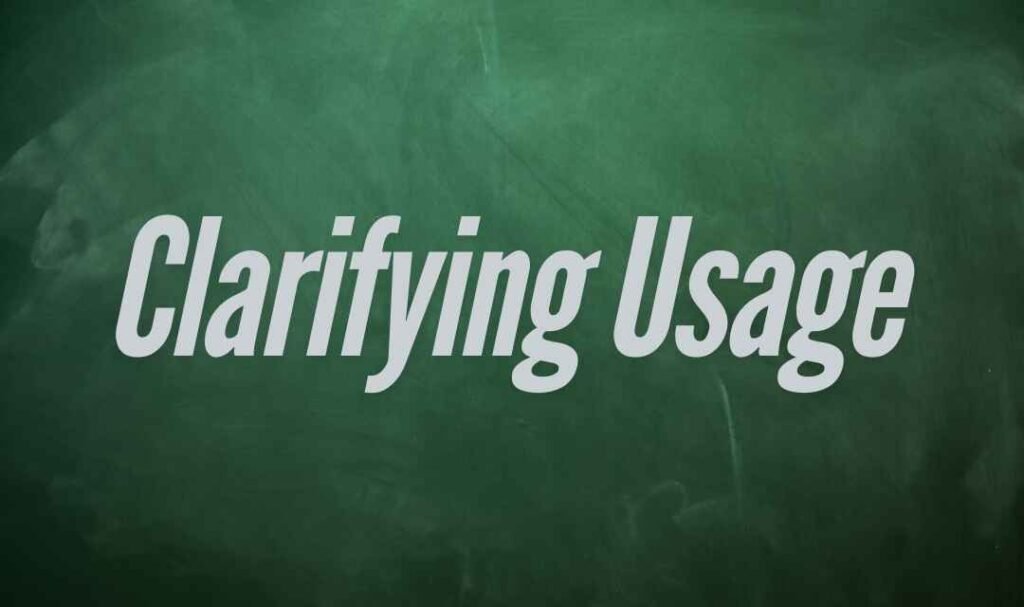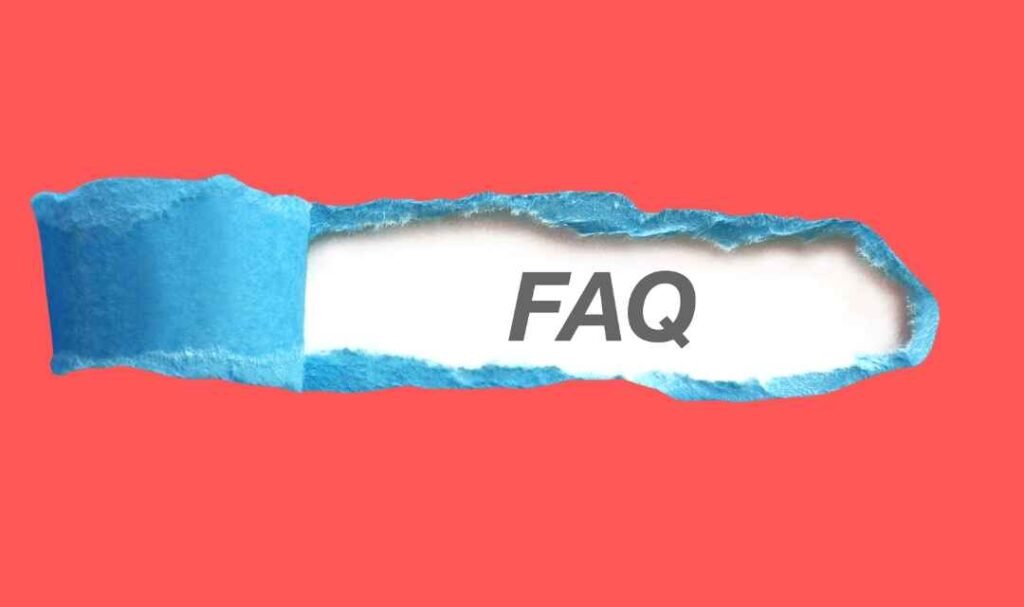Ever heard the words fairing and faring and felt a bit mixed up? You’re not alone! These confusing words sound almost exactly the same, which can puzzle many English learners. But don’t worry! This friendly guide is here to clear up the confusion and show you the important differences between them. By the end, you’ll understand exactly when and how to use each word correctly, making your English conversations smoother and more precise.
Let’s explore how these vocabulary words are used in real-life English, with helpful examples as our guide. Whether you enjoy learning English or simply want to improve your communication, we’ll make everything crystal clear.
If someone asks, “How are you faring?”, they’re really asking how you are doing. It’s about your well-being – are you managing okay, feeling good, or handling life’s situations? For example, if a friend says, “I’m faring well,” it means they’re doing fine. Fairing, however, has a completely different meaning. It refers to making something smooth or streamlined. Think about the smooth, curved covers (fairings) on an airplane or motorcycle designed to reduce wind resistance and help it move efficiently. So, while they sound alike, their meanings and uses are worlds apart.
Imagine discussing a global project involving travel. In talks about airplane design, you’d hear about fairings – those sleek parts that help planes fly better. Meanwhile, catching up with a friend, you might ask, “How are you faring?” to see how they’re coping. Two similar-sounding words, two entirely different situations.
Next time you see fairing or faring, you’ll know which one to use! It’s all about understanding their unique roles and letting them work their magic in your English. Ready to master these terms and boost your language skills? Let’s keep going!
Correct Usage of Fairing or Faring

“Ever been unsure whether to ask ‘How are you fairing?’ or ‘How are you faring?’? Great question! The correct phrase is ‘How are you faring?’ — a kind, thoughtful way to ask how someone is managing or coping in life. Imagine checking on a friend after a busy week: ‘Hey, how are you faring?’ It’s a simple but caring question that shows genuine interest in their well-being or progress.
Now, what about ‘fairing’? This is a common mistake! ‘Fairing’ has a totally different meaning. It’s usually a technical term — for example, in airplane design, a ‘fairing’ is a smooth, streamlined covering that reduces wind resistance. You’d only use this word when talking about engineering, vehicles, or design, not in daily conversations.
Why does this matter? Using the right word helps you communicate clearly and shows you care about accurate English. Whether you’re asking about someone’s day or discussing airplanes, knowing the difference between ‘faring’ (a verb about well-being) and ‘fairing’ (a technical noun) makes your English skills sharper and more meaningful in real-life situations. Keep practicing — you’ve got this!”
Clarifying the Terms: “Faring” vs. “Fairing”
Let’s clear up a common mix-up in English vocabulary: “faring” and “fairing”. Though they sound alike (making them tricky homophones), they mean very different things! Understanding this is great for your vocabulary building and helps avoid common mistakes.
-
“How are you faring?”
This is a warm, caring question about someone’s life or feelings. “Faring” (as a verb) means how someone is doing, managing, or progressing – like asking about their journey through a tough time or everyday life.
Example: If your friend feels stressed, asking “How are you faring?” shows you care about their well-being. -
“Fairing” (the object)
This word is all about machines and speed! A “fairing” is a smooth, often curved cover (made of plastic or metal) added to vehicles like motorcycles, race cars, boats, or planes. Its job? To help the vehicle cut through the air more easily – we call this improving aerodynamics. You won’t talk about feelings here; you’ll hear “fairing” in talks about vehicle design or mechanics.
Why does this matter for your English?
Getting these words right isn’t just about grammar tips – it’s about clear communication. Using “faring” when you mean to ask about a person shows empathy. Using “fairing” correctly when discussing vehicles shows precision. Mixing them up can cause confusion! By learning small distinctions like this, you boost your language skills and make your spoken English and written English much stronger and clearer. Keep practicing, and you’ll communicate your ideas perfectly!
Understanding the Difference

Understanding the Difference: “Faring” vs. “Fairing”
Isn’t it amazing how two words that sound the same can have totally different meanings? These tricky pairs are called homophones, and understanding them is a key vocabulary skill for English learners. Let’s look at a great example: “faring” and “fairing”.
-
“How are you faring?”: This is a warm, caring question you ask someone about how they are doing, especially in a new or challenging situation. For instance: “How are you faring with your English studies?” or “How are you faring in the hot weather?” Using “faring” shows you’re interested in their well-being and how they are handling things. It’s more thoughtful than just asking “How are you?”
-
“Fairing”: This word is all about design and engineering, not people! A fairing is a smooth, outer cover used on things like motorcycles, bicycles, or airplanes. Its main purpose is to reduce wind resistance (drag), helping the vehicle move faster and more smoothly. Think of it like a sleek, aerodynamic shell – like the smooth front part on a racing bike.
Why is knowing this difference important?
Getting these commonly confused words right makes your communication clearer and avoids misunderstandings. When you use the correct word in the right context, your message becomes stronger and more precise. It’s like unlocking a powerful tool for better English conversations and writing! Mastering homophones like these truly boosts your language confidence.
You might enjoy reading: Opened vs Openned: Correct Spelling & Usage Examples
Unraveling the Meaning
Have you ever wondered how a single word can change the tone of a conversation? Let’s explore the verb “faring” and why it’s so useful for English learners!
-
“How are you faring?”
This isn’t just a simple “How are you?” — it’s a caring, deeper question. It shows someone truly cares about your situation, especially during changes or challenges. For example:
“How are you faring in your new city?”
(instead of just “How are you?”).
It gently asks: Are you adjusting well? Is anything difficult? It opens the door to meaningful talks. -
Using “faring” alone:
When we say something “is faring well” or “isn’t faring well”, we describe progress or results. Think of it like a progress report!
→ “How is your new project faring?” (= Is it going smoothly?)
→ “The team is faring better since the training.” (= They’re improving.)
Why learn this?
Using “faring” correctly helps you:
✓ Express care more thoughtfully
✓ Describe situations clearly (work, studies, life changes)
✓ Sound natural in daily conversations
It’s not just grammar rules — it’s about connecting deeply with others. Every word you choose can make your English communication clearer and kinder. Try using “faring” this week, and notice the difference!
Practical Examples and Insights

Let’s make these words crystal clear with real-life examples—perfect for English learners practicing vocabulary!
-
“Faring” in Action
Imagine asking a friend: “How are you faring in your new job?”
→ This isn’t just about tasks. You’re showing care for their well-being and how they’re handling a big life change. It’s a warm, personal question that builds meaningful conversations. -
“Fairing” in Context
Now picture a sleek motorcycle. Its fairing is the smooth outer cover (like a shell) that helps it cut through wind easily. This isn’t about feelings—it’s a technical term for design that improves speed and efficiency.
Why This Helps You Communicate:
-
Using “faring” correctly shows empathy and opens deeper talks (e.g., “How are you faring with your studies?”).
-
Using “fairing” accurately makes you sound precise when discussing vehicles, travel, or design.
Small word, big difference! Mastering these nuances boosts your confidence in everyday English—whether you’re connecting with friends or describing objects clearly. Great job learning these essential distinctions!
Clarifying Usage
Ever wonder how small phrases can show you care in everyday conversations? Let’s look at “How are you faring?” and the standalone verb “faring” — both are common English phrases with special meanings!
-
“How are you faring?”
This warm question does more than ask “How are you?” — it shows genuine concern for someone’s situation. For example:
“How are you faring with your new puppy?”
It invites them to share their experience, whether it’s exciting or challenging. Think of it as saying: “I see what you’re going through, and I care.” -
“Faring” (used alone)
This verb simply means how someone is doing or managing. You’ll often hear it in questions or thoughts like:
“How is she faring in her exams?”
or
“I hope he’s faring well after his trip.”
It’s a gentle way to ask about progress without being too formal.
Why learn this?
Knowing these subtle differences helps you:
✅ Express empathy naturally
✅ Build meaningful conversations
✅ Understand English phrases better
It’s not just vocabulary building — it’s about connecting with others! When you use these phrases thoughtfully, your words carry clarity and kindness, making your English communication more powerful.
Real-life Applications of “Faring” and “Fairing”
Real-life Uses of “Faring” and “Fairing”
Knowing how to use “faring” and “fairing” correctly helps you communicate clearly and avoid confusion. Let’s see how these words work in everyday situations!
✨ “Faring” in Daily Life
This word describes how someone (or something) is managing a situation:
-
“How is Toulouse faring after the heavy storms?” → Asking about the city’s recovery progress.
-
“How are you faring in your new job?” → Shows you care about their well-being, not just tasks.
Think of it like checking a friend’s “journey status” – it’s warm and personal!
🚀 “Fairing” in Action
This term is all about physical design, especially in travel and engineering:
-
A rocket’s Extended Payload Fairing protects satellites during launch (like a shield against wind).
-
Motorcycle fairings wrap around the engine to reduce wind drag – making rides smoother and faster.
Imagine it as a “smooth helmet” for vehicles – boosting speed and safety!
💡 Why This Matters
-
“Faring” connects to people’s experiences (emotions, challenges, progress).
-
“Fairing” solves real-world problems (aerodynamics, protection).
Mixing them up? Don’t worry! Even native speakers stumble on these. Just remember:
“Faring” = Feelings | “Fairing” = Function
You might enjoy reading: What Kind of vs What Kinds of? Insightful Update in 2024
20 Points About Using “How Are You Fairing or Faring”
- “Fairing” often refers to something being adjusted or working correctly, such as “fairing” in an aircraft.
- “Faring” is used to ask about someone’s well-being or how they are making progress.
- In everyday conversation, you will more frequently hear “How are you faring?” than “How are you fairing?”.
- “Fairing” is less common and typically refers to a physical object, not personal well-being.
- “Faring” is used in questions about progress or outcome, such as “How are you faring in your studies?”.
- Understanding when to use “fairing” or “faring” depends on the context and what you are trying to communicate.
- The correct spelling and form of the word should match the intended meaning of your question.
- Using “faring” is appropriate for inquiries about personal progress or well-being.
- “Fairing” could be used to describe adjustments or functionality in a more technical or mechanical context.
- Knowing the differences between these words can help you communicate with clarity.
- “Faring” stems from Old English and is used in conversations about people or their situations.
- “Fairing” is used in a different context such as engineering or design.
- Both words share historical roots but have evolved to serve distinct purposes.
- For effective communication, make sure you are familiar with both definitions.
- “Faring” is used in sentences that discuss progress or how things are going.
- Use “fairing” when referring to something specific being adjusted or working properly.
- “Faring” should be used when inquiring about someone’s recovery or current situation.
- To enhance your language skills, practice using both terms in the right context.
- Refer to a dictionary or language resource for more detailed definitions and examples.
- Understanding nuances in language helps in using “fairing” and “faring” appropriately for effective communication.
Frequently Asked Questions
- What is the difference between “fairing” and “faring” in the English language?
The difference between fairing and faring in the English language lies in their usage. Fairing refers to adjustment or how something is working, whereas faring relates to someone’s well-being or progress. Understanding these distinctions helps in choosing the right word based on the context. - Can you provide an example using “fairing” in a sentence?
Sure! For fairing, you might say, “The new software update is fairing well with minimal bugs reported.” - How about an example using “faring” in a sentence?
For faring, an example could be, “How are you faring after your surgery? Are you feeling better?” - When should I use “fairing” in a conversation?
Use fairing when discussing adjustment, performance, or the functioning of something. It’s suitable for contexts where you’re evaluating how something is performing or adapting. - In what context should I use “faring”?
Faring is used when asking about someone’s well-being, progress, or how they are doing in a particular situation. It’s appropriate for inquiries related to personal or situational progress
Conclusion
In conclusion, the phrases “How are you fairing?” and “How are you faring?” are often confused, but they have distinct meanings and uses. The correct phrase is “How are you faring?” because “faring” refers to how someone is doing or managing in a particular situation or circumstance.
It is commonly used to inquire about someone’s well-being, progress, or performance in life or a specific task. For example, “How are you faring in your new job?” or “How are you faring after the surgery?”
On the other hand, “How are you fairing?” is a common mistake, as “fairing” refers to the idea of progressing, succeeding, or how a ship’s structure is designed to handle the elements.
It is used in different contexts, such as in relation to vehicles, ships, or objects, and is not applicable when asking about someone’s personal well-being



